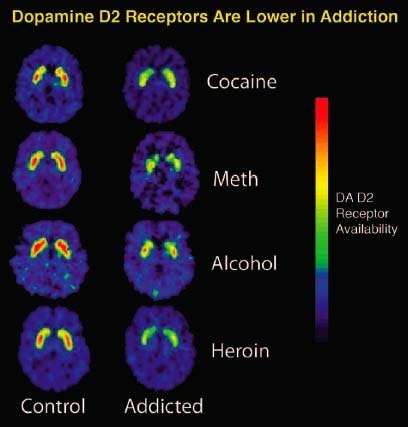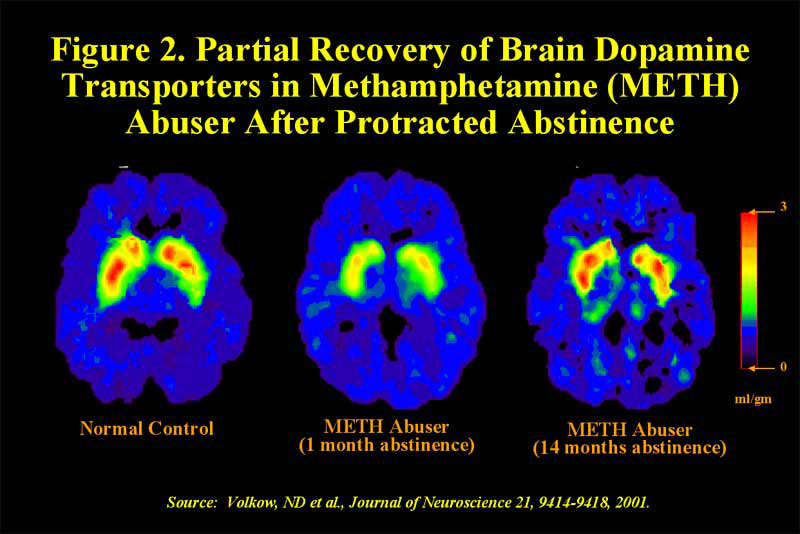UNDERSTANDING ADDICTION
ADRF believes that scientific understanding is central to meeting the growing challenges of addiction. As we support research that furthers the scientific study of addiction, simultaneously, we strive to improve treatment for those suffering from addiction and educate about the individual and societal dangers of addiction.
Addiction is a chronic disease characterized by compulsive drug seeking and use that is difficult to control, despite its negative consequences. While an initial decision to consume is typically voluntary, repeated drug use can lead to changes in the brain that challenge an addicted person’s ability to resist intense urges. These changes in the brain can be persistent, which makes it possible for people to relapse, even after years of sobriety.
As with other chronic diseases, addiction treatments are effective when they are ongoing and adjust to the patients changing needs. Treatments must also be available and affordable at a time when opioid addiction, for example, has become a national crisis.


